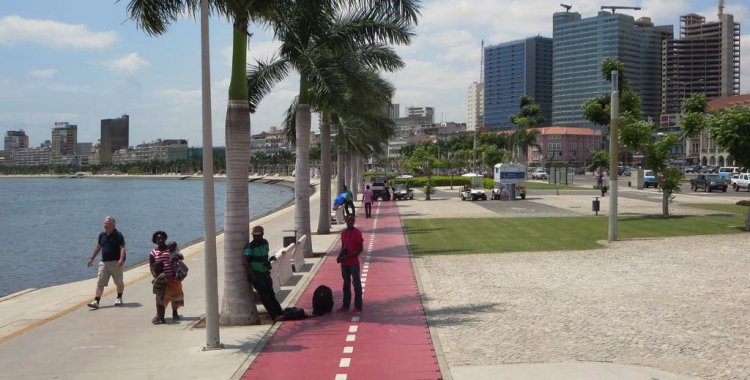"We are always going to pay, we haven't missed any payments, we haven't failed to honor debt service, so that tells us that everything is going well," Osvaldo João told the Bloomberg financial information agency following the sharp rise in interest that investors demand to trade Angola's public debt in the secondary market.
According to Bloomberg, interest on debt maturing in 2025 registered a strong rise of 125 base points on Monday, which continued on Tuesday morning with another 42 base points, reaching almost 14 percent.
Angola is trying to renegotiate loans that use oil as collateral, but restructuring the Eurobonds would "strangle" the relationship with international banks, he explained.
Talks with creditors have already resulted in a deferral of payments of 6 billion dollars this year to 2023, giving the government time to stabilize the economy and expect an improvement in the economic impact of the covid-19 pandemic and the global economic slowdown while access to international markets is blocked because of high interest rates.
According to analyst Mark Bohlund of REDD Intelligence, quoted by Bloomberg, Angola would have to pay $3.4 billion in 2021, mainly to UK-based commercial creditors, according to World Bank data.
"Paying this debt will be a challenge for Angola and is likely to be a test case for more substantial debt restructuring negotiations with the private sector in countries eligible for the Debt Service Suspension Initiative (DSSI)," the analyst noted.
China and Chinese commercial banks hold 45 percent of Angola's external debt, representing US$22.4 billion according to Angolan central bank data reported at the end of last year.
Negotiations for commercial debt restructuring began long before the pandemic and are well advanced, Osvaldo João said, adding that bilateral debt negotiations are also underway under the G20 DSSI.
The government estimates that the ratio of public debt to GDP will rise from 113 percent in 2019 to 123 percent this year due to falling oil prices and currency depreciation, he said.
"We are looking to have a volume of debt that is compatible with an oil-free Angola," which would make the economy more robust and the country less vulnerable to oil shocks," Osvaldo João said, admitting that the heavy dependence on the oil sector "leaves the economy more vulnerable.







